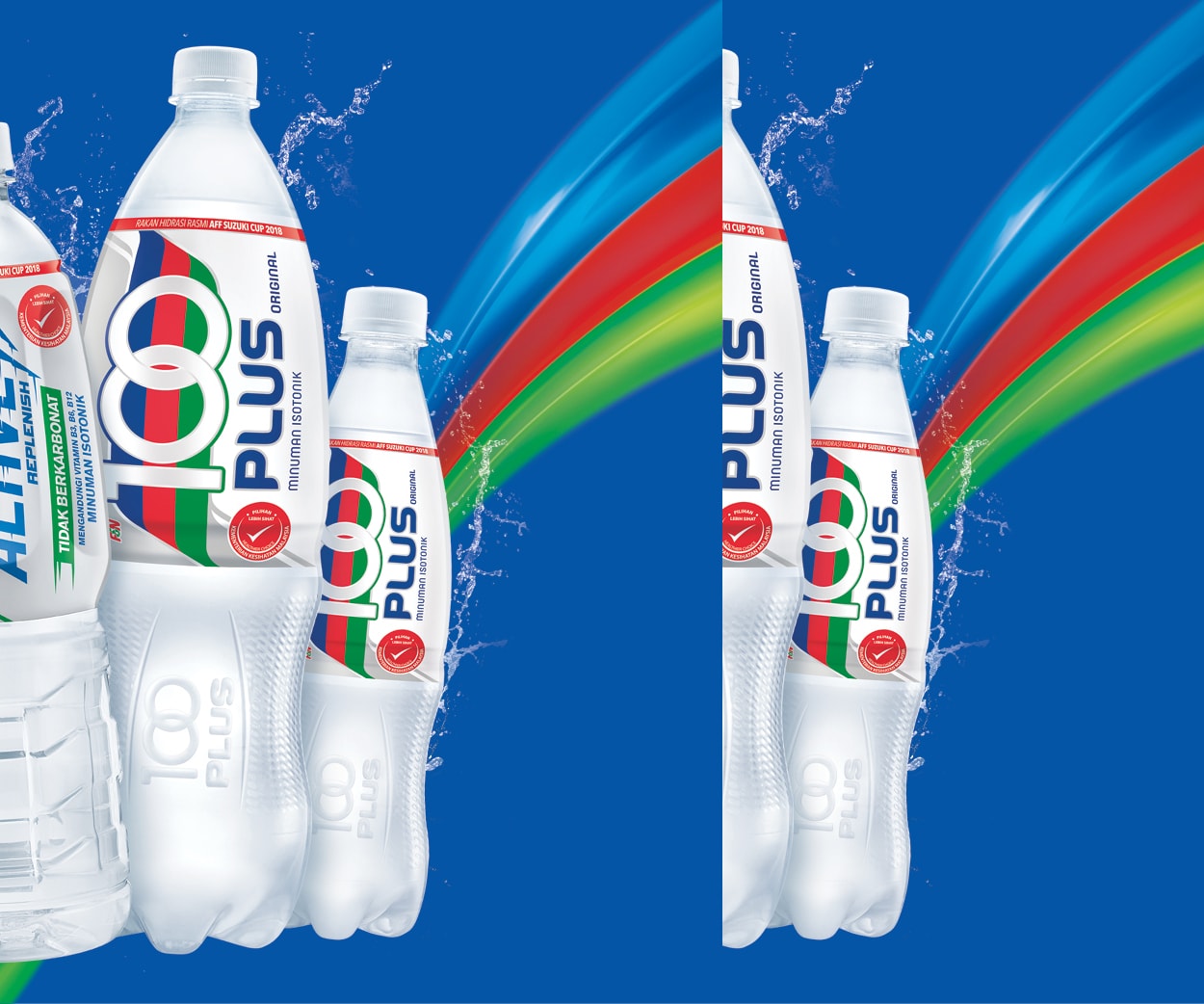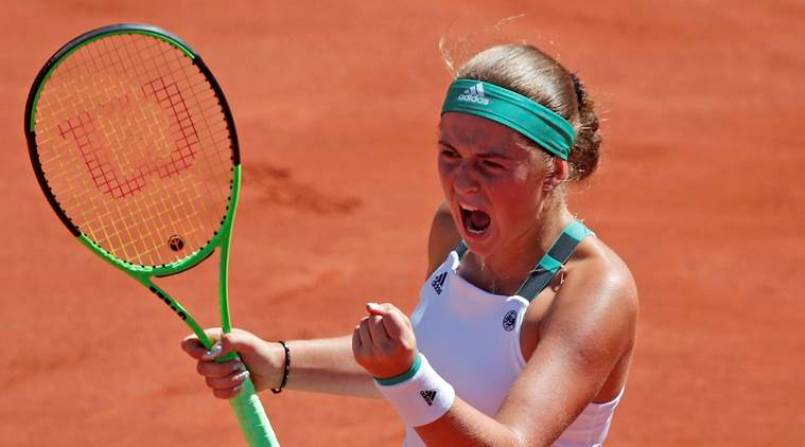Serena Williams has served as the face of women’s tennis for the best part of two decades, but Jelena Ostapenko’s improbable French Open success belatedly signals the arrival of the next generation of stars.
The 20-year-old Latvian, the lowest-ranked Roland Garros champion in tournament history, bludgeoned her way to the title in a manner much befitting her idol.
“Serena was always, like, kind of my idol, because I really enjoyed watching her,” said Ostapenko after becoming the first unseeded winner in Paris since 1933.
“She’s a great champion. I think she’s playing probably similar to my style, so she was my idol.”
Ostapenko is the youngest Grand Slam champion since Maria Sharapova at the 2006 US Open, but remarkably middle aged in terms of first-time major winners.
Twelve women captured their maiden Slam title while still in their teens, Martina Hingis’ 1997 Australian Open triumph at just 16 years and four months a record that looks more secure than ever.
But Ostapenko’s dazzling shot-making paired with her fiery temperament provided a refreshing change-up from the too-often defensive mundanity of the women’s tour.
“We need personalities, and she’s a personality,” seven-time French Open winner Chris Evert told Eurosport.
“She’s feisty, she’s outgoing and she’s right in your face, but isn’t that the new generation anyway?”
“Some players come of age during tournaments. Jelena Ostapenko did it right here this week,” Martina Navratilova, a winner of Grand Slam singles title, told the Tennis Channel.
“(Ostapenko) played like a champion that she now is, her first major title but surely not the last one,” Navratilova added on Twitter.
The Latvian, the first woman to win her debut tour-level title at a Slam since Barbara Jordan at the 1979 Australian Open, is just the third major champion born in the 1990s.
– Class of ’97 –
Ostapenko joins Petra Kvitova, who won Wimbledon in 2011 and 2014, and last year’s French Open champion Garbine Muguruza in a select group.
But she believes that class will soon grow, with the likes of Daria Kasatkina, Ana Konjuh and 17-year-old Marketa Vondrousova starting to make an impact.
“I mean, our year, 1997, is pretty strong because we have a lot of players in top 100 and top 50, as well. So I think it’s maybe kind of new generation,” said Ostapenko.
Russia’s Kasatkina downed Ostapenko in the final at Charleston earlier this year, while Konjuh enjoyed a breakout performance at the 2016 US Open where she reached the quarter-finals.
Vondrousova, beaten in the semi-finals by Ostapenko as she went on to claim the 2014 junior Wimbledon crown, is being hailed as a rising star in the mould of Navratilova.
“I’d say I have a pretty long way to go there,” said Vondrousova recently, attempting to play down any comparisons.
“But I’ve recently played some good tennis and if I can carry on, that would be just great.”
As for Ostapenko, she is not content to simply bask in the glory of becoming the first Latvian to conquer one of tennis’ flagship tournaments.
“It was always my goal to win a Grand Slam title, now I want to win them all,” said Ostapenko.
“Of course, there will be more pressure but I will try and deal with it.
“It may be difficult but I chose the life of a tennis player. I will be fine with it.” – Agence France-Presse




































